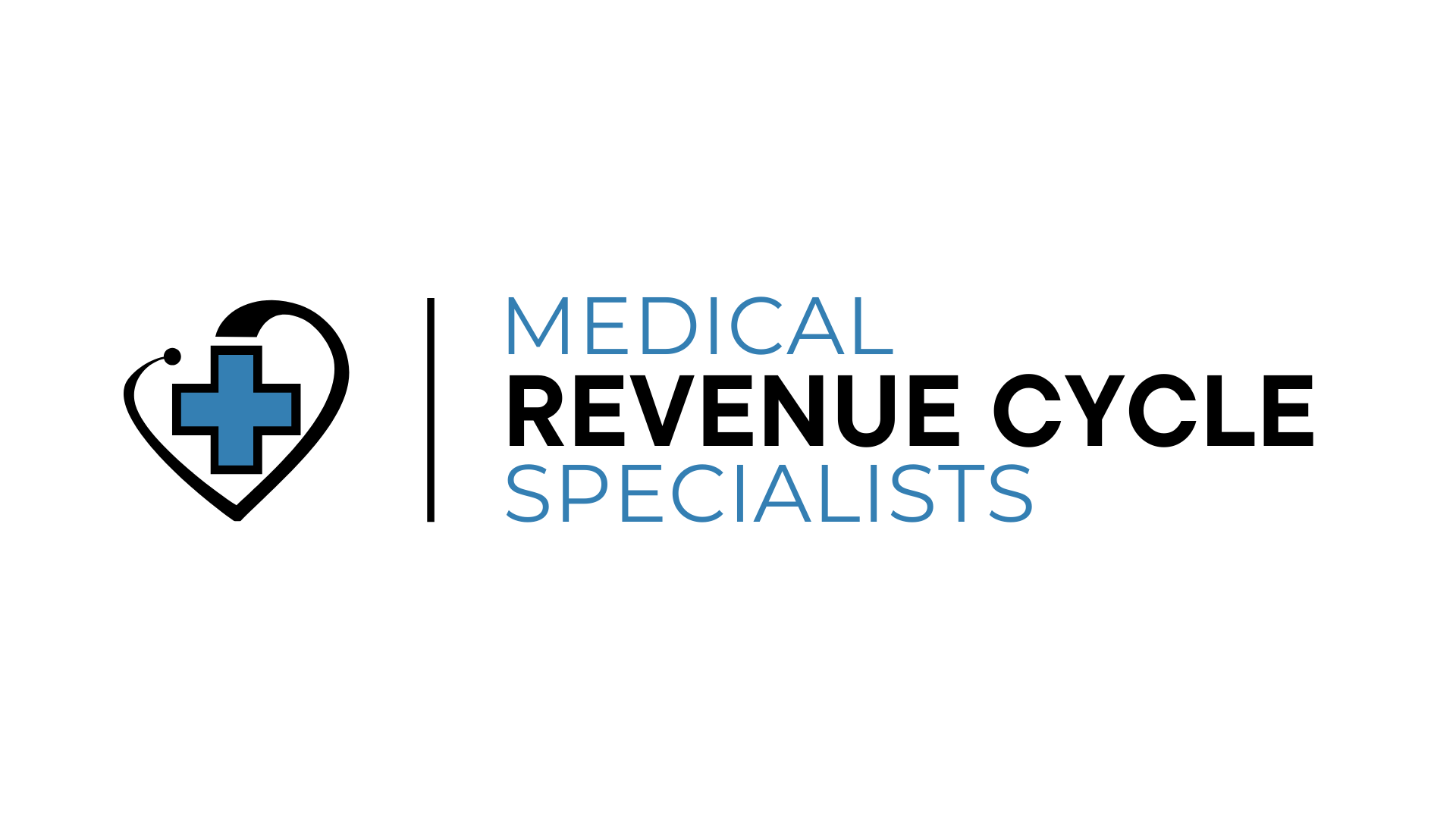Protecting Patient Privacy: Insights from the HCA Healthcare Data Breach
- Nick Fernandez

- Aug 11, 2023
- 3 min read

In an increasingly interconnected world, where digital solutions promise convenience and improved healthcare experiences, safeguarding patient data has become a paramount concern. Recent events have underscored the vulnerability of sensitive healthcare information, highlighting the critical need for robust cybersecurity measures. The data breach incident at HCA Healthcare, one of the nation's leading healthcare providers, serves as a stark reminder of the challenges faced by organizations in ensuring the security of patient information.
The Breach Unveiled: What We Know
HCA Healthcare, headquartered in Nashville, Tennessee, found itself at the center of a major data breach, potentially impacting the personal information of approximately 11 million patients across 20 states. The breach exposed a range of patient data, including names, addresses, emails, phone numbers, dates of birth, gender, service dates, locations, and next appointment dates. However, it's important to note that no clinical or payment data, passwords, driver's licenses, or Social Security numbers were compromised.
The breach was discovered when an "unknown and unauthorized party" made the exposed information available on an online forum. The stolen data appears to originate from an external storage location specifically used for the automation of email message formatting within HCA Healthcare's systems. The breach raises concerns about the potential risks associated with such storage systems and underscores the importance of securing even seemingly non-critical platforms.
Response and Ongoing Investigation
In response to the breach, HCA Healthcare took immediate action. The company reported the incident to law enforcement and engaged third-party forensic experts and threat intelligence advisors to conduct a comprehensive investigation. Despite the breach, HCA Healthcare reassured patients that there has been no disruption to the care and services it provides to communities. The company is committed to addressing the incident transparently and has established communication channels to keep affected patients informed.
Additionally, HCA Healthcare has temporarily shut down user access to the compromised storage location as a containment measure. The company is diligently working to ascertain the full extent of the breach and to determine whether any malicious activity has occurred within its networks.
The Broader Landscape of Data Security in Healthcare
The HCA Healthcare breach shines a light on the larger challenges faced by the healthcare industry in safeguarding patient data. With healthcare systems increasingly relying on digital infrastructure, the potential attack surface for cybercriminals expands. This breach is a sobering reminder that patient data is a valuable target, and organizations must remain vigilant in their efforts to protect sensitive information.
Healthcare organizations are not alone in grappling with data security concerns. The broader sector has witnessed a significant number of breaches, with millions of individuals impacted. Cyberattacks targeting healthcare entities have exposed sensitive information, leading to concerns about patient privacy and the potential consequences of compromised data.
Lessons Learned and Moving Forward
The HCA Healthcare data breach serves as a critical wake-up call for the entire healthcare industry. It underscores the need for organizations to implement stringent security protocols, even in systems that may not be deemed "critical." As the healthcare sector continues to embrace digital innovation, it is imperative that comprehensive data protection measures are applied across the board, including when external contractors are involved.
Ultimately, the breach underscores the interconnected nature of healthcare data security. While patient care platforms are a top priority, organizations must recognize that all data, regardless of where it is stored, demands the highest level of protection. The lessons learned from incidents like this can drive a collective commitment to fortify cybersecurity measures and ensure that patient information remains secure in the digital age.




Comments